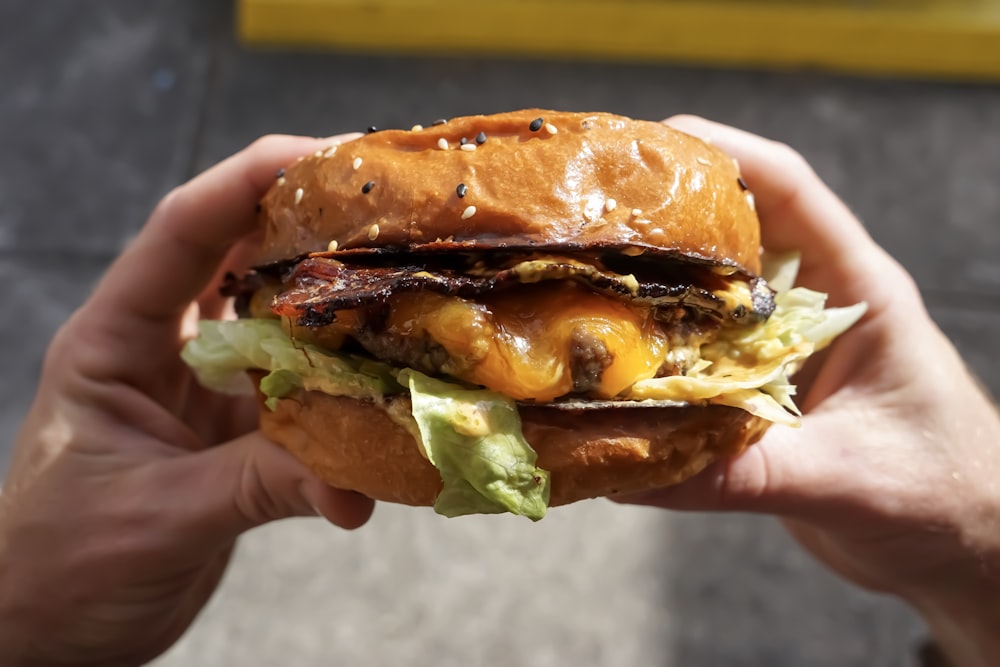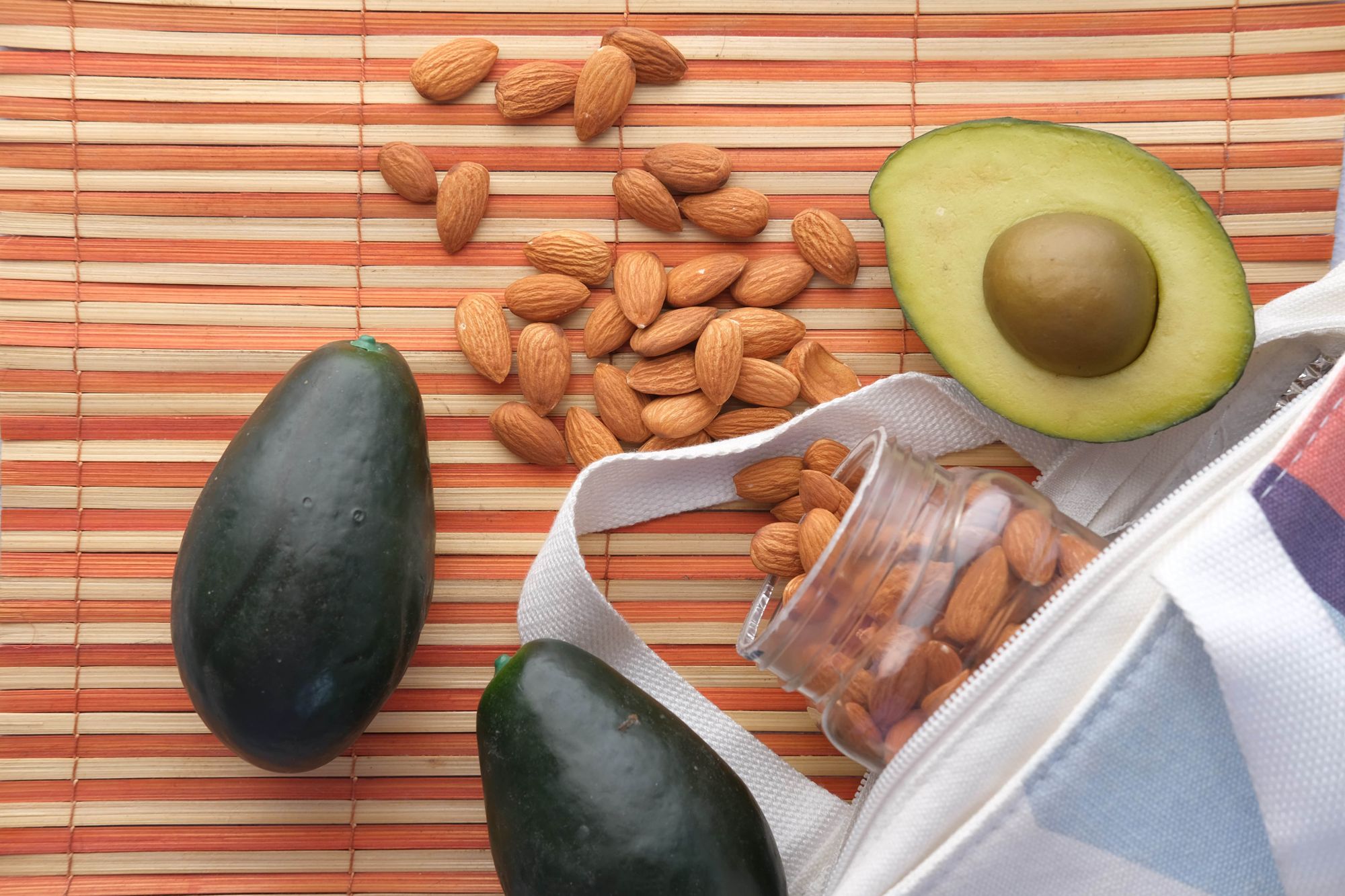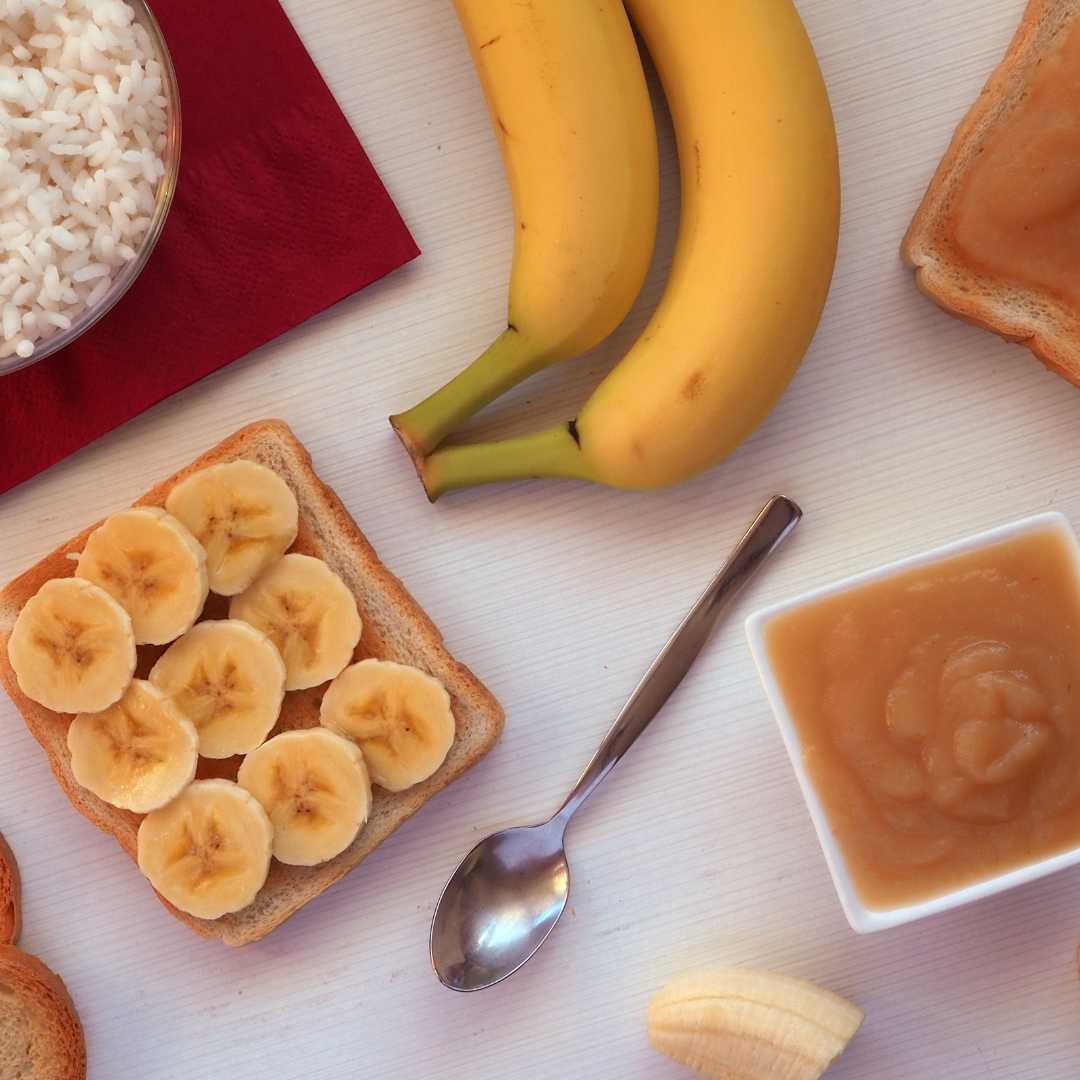
It seems like forever ago that a low-fat diet was actually believed to result in weight loss. Fat has had a long and somewhat confusing role to play in the history of diet trends. Our opinion on consuming fat has gone back and forth over the years, whether we advocate eating fat or not. Fat has been cut out completely in some diets, while in others, like the Mediterranean diet and the Keto diet, fat is one of the star nutrients. One thing’s for sure: you don’t need to cut out fat to lose weight. However, you could be genetically more sensitive to high-fat foods.
Medical experts agree that fat is an essential part of a healthy diet, but that diets too high in fat can contribute to some very serious long-term medical conditions. For some people who are genetically more sensitive to fat than others, adhering to a diet relatively low in fat can help them maintain a healthy weight, as well as healthy cholesterol and triglyceride levels.
Not only that, the type of fat you’re eating matters, too. In general, we can get away with eating more unsaturated and polyunsaturated fats, which are considered ‘heart healthy’ fats by medical professionals, than saturated and trans fats, which are detrimental to health regardless of your sensitivity to fat. In other words, there is such a thing as ‘healthy fats’ such as avocados, and ‘unhealthy fats’ such as deep-fried foods.
Who Could Benefit From a Low-Fat Diet?
Because lipids (fats) are not water soluble, specialized enzymes are needed in order to break them down and digest them. Most of our digestive enzymes are water-based. Bile, however, an enzyme produced by the liver and stored in the gallbladder, is acidic. Bile is secreted into our small intestine to aid in the digestion of fats.
For this reason, people with chronic liver or gallbladder disease should limit their fat consumption, and their doctors would likely recommend a low-fat diet. Cirrhosis of the liver can be particularly worsened by a fatty diet, and if fat has accumulated in your liver, a condition known as fatty liver disease, your doctor will likely recommend sticking to a low-fat diet.
Additionally, digestive issues can be exacerbated by foods that are high in fat. Gastroparesis, or delayed stomach emptying, occurs when digestion slows down and food takes too long to empty from the stomach into the small intestine. A diet lacking in fibre but high in fat may cause episodes of gastroparesis, and fatty foods may worsen the condition. Doctors recommend that if you have gastroparesis to avoid foods that are high in fat. Finally, some diseases of the pancreas and small intestine can inhibit your body’s ability to absorb nutrients, leading to nutrient malabsorption symptoms, which can be made worse by fatty foods.

How Much Fat is Too Much?
Cutting fat out entirely is not recommended. Fat is a vital nutrient that is essential to nutrient absorption, cell growth, cholesterol and blood pressure regulation. In addition, fat is both an energy source and an organ protector. Health experts recommend that around 30% of our daily caloric intake comes from fat.
However, the kind of fat you are consuming matters a great deal. Heart healthy fats called unsaturated and polyunsaturated fats come from plant and animal sources such as avocados, coconut, vegetable oils, nuts, seeds, fatty fish and fatty cuts of meat from beef, pork and chicken.
Other kinds of fats, called saturated fats, tend to be less healthy. They raise bad cholesterol levels known as LDL cholesterol, which can lead to heart disease, atherosclerosis, and can increase your risk of having a stroke.
Saturated fats are found in fatty animal products like bacon, sausages, butter or ghee, cured meats like salami, cheese, heavy cream, ice cream, pastries, cakes and cookies. 6% or less of your day’s calories should come from saturated fats, but if you are genetically sensitive to fats or have a preexisting health condition, you should limit saturated fat consumption even further.
Trans Fats: The Most Unhealthy Type of Fat
Trans fats are by far the worst kind of fats for your body and contribute far more greatly to obesity and other long-term health conditions. They are made when liquid oils turn solid. Shortening, margarine, and anything made from those products (like cakes and pie crusts) and any deep-fried foods are all sources of trans fats.
Regardless of whether or not you have a genetically predisposed sensitivity to fats, trans fats should be extremely limited to 1% or less of your daily caloric intake.

Can You Be Genetically Sensitive To Fat?
As it turns out, there are some people who are genetically more sensitive to fat, meaning that they may be genetically predisposed to see a greater increase in cholesterol levels if they are following a high-fat diet.
Cholesterol comes from two places: from the foods we eat, known as dietary cholesterol, and from our liver, which makes its own cholesterol. There are also two kinds of cholesterol: LDL (bad) and HDL (good). If your LDL cholesterol levels are too high, your doctor will want to limit your consumption of saturated fats and monitor your cholesterol levels to make sure they go down.
In addition to cholesterol, the number of triglycerides found in the blood can be indicative of future health concerns. Triglycerides are leftover calories your body doesn’t need yet and are stored in your fat cells. If you are eating more calories than you’re burning, your triglyceride levels will remain quite high, a condition known as hypertriglyceridemia.
Both triglyceride and cholesterol levels can be impacted by your genetic makeup. Familial hypertriglyceridemia and familial hypercholesterolemia are both genetic conditions that cause a person to have very high cholesterol or triglyceride levels, respectively. If your baseline level of triglycerides is too high, eating a fatty meal can raise them even further. Triglyceride levels usually peak a few hours after a meal and then return to normal around 6 hours later, but if your levels are higher than average, it may take up to 12 hours or more for levels to fall to a normal range.
For these reasons, your doctor may prescribe a low-fat diet. This may be a permanent lifestyle change or you may be able to reintroduce certain foods into your diet once your triglyceride and cholesterol levels are within a safe range.
The Bottom Line
Fat has gotten a bit of a bad reputation over the years, but it is actually a very important nutrient that is vital to much of our physiological functioning.
That being said, the type of fat you’re eating matters and there are certain genetic conditions that might warrant following a diet low in fat. Consumption of dairy products (other than low-fat varieties), oils, and excess fat from meat (like chicken skin) is limited in low-fat diets. Fruits and vegetables are eaten in abundance. Lean sources of plant-based protein like peas, tofu, legumes, and beans, are favored over animal products, however, certain lean meats like poultry and fish are allowed, within reason. Vegan diets tend to be relatively low in fat.
You can find out more about your genetic sensitivity to fat, and your risk of developing familial hypertriglyceridemia or hypercholesterolemia by means of a DNA test from CircleDNA. However, before drastically altering your diet in any way, it’s important to go discuss this with your doctor.






